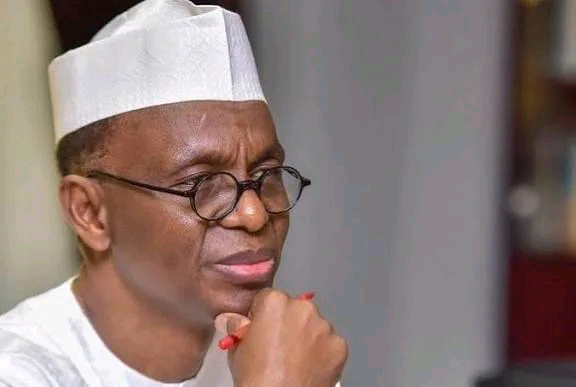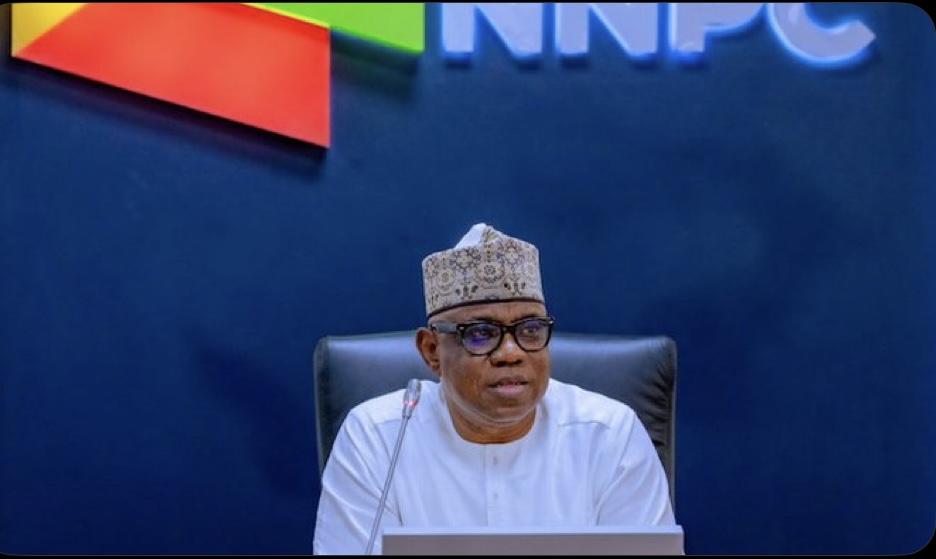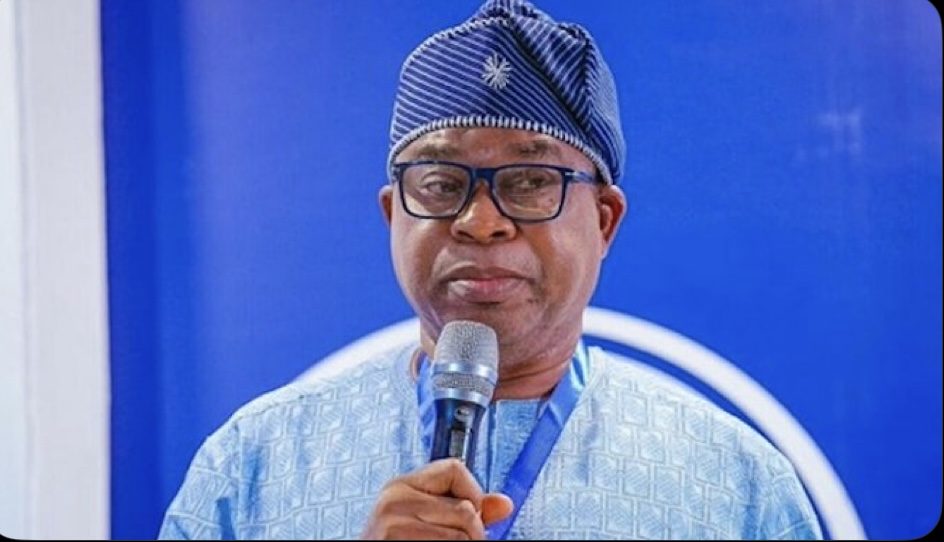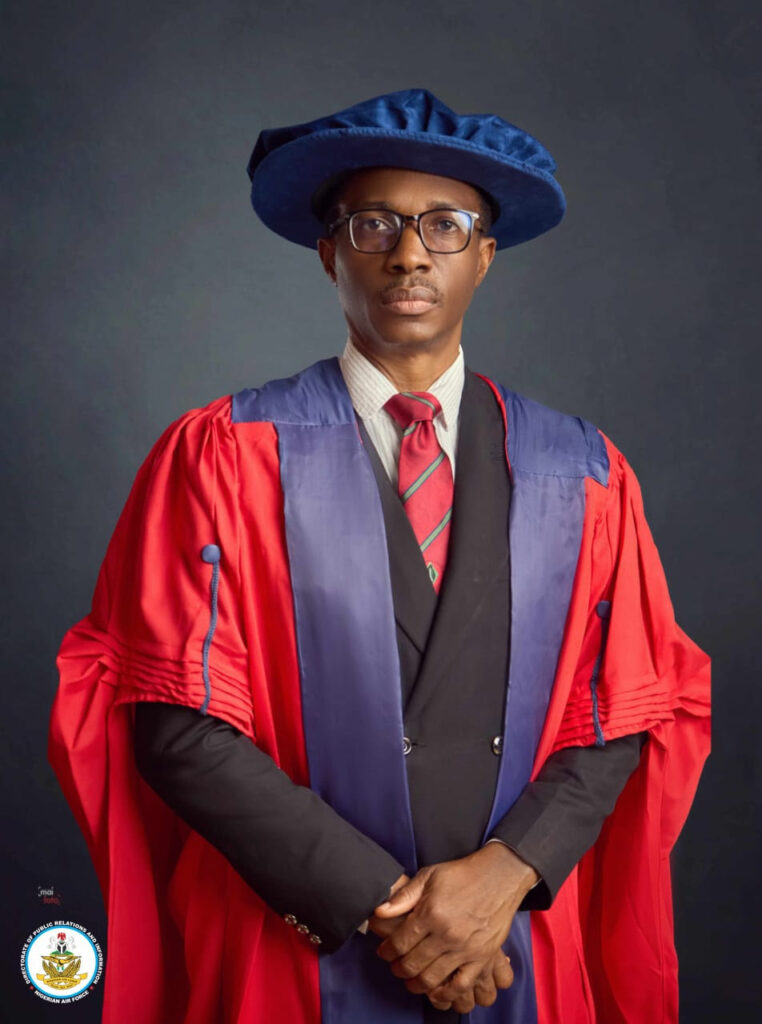Tinubu Hails Wike for Bringing Renewed Hope Agenda to Rural Communities
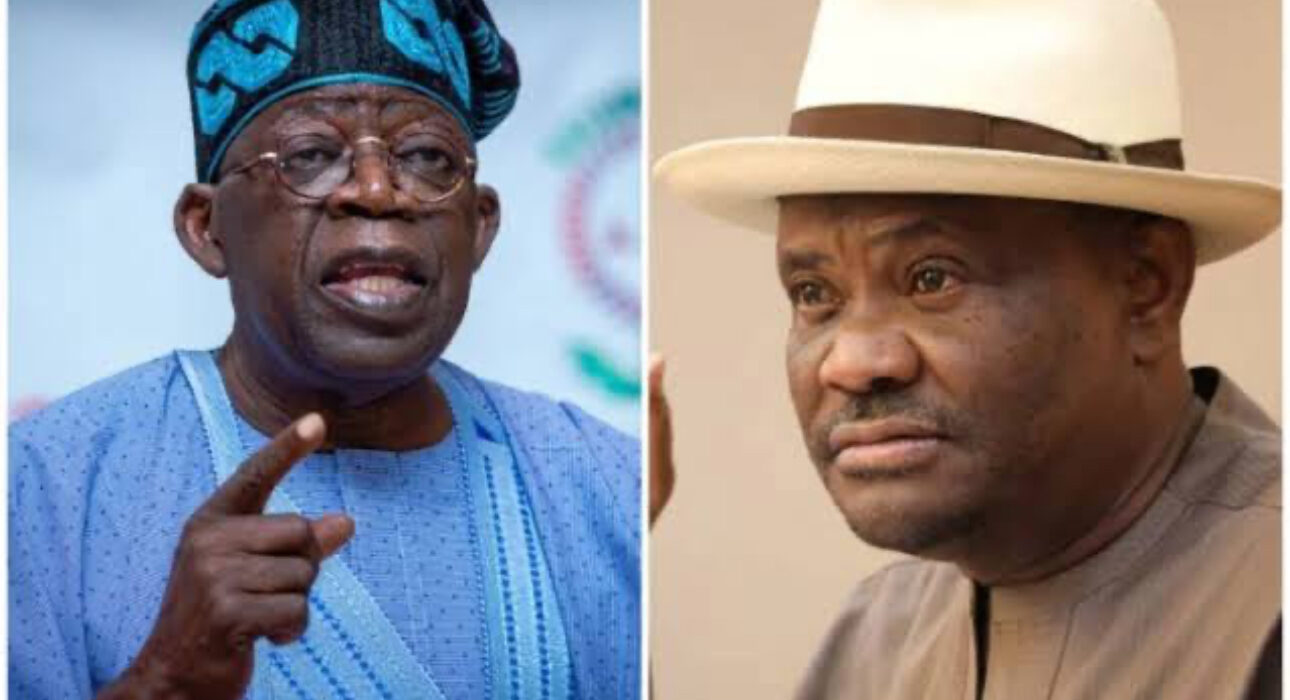
President Bola Ahmed Tinubu has commended the Minister of the Federal Capital Territory (FCT), Nyesom Wike, for delivering tangible results in line with the administration’s Renewed Hope Agenda, particularly in rural and underserved areas of the FCT.
The president said Wike’s developmental strides have given real meaning to the policy vision beyond urban centres.
Speaking during the commissioning of newly constructed access roads in Giri District, Abuja, Tinubu, represented by the Speaker of the House of Representatives, Tajudeen Abbas, described Wike’s efforts as a shining example of purposeful governance.
He noted that the minister had not only embraced the Renewed Hope Agenda but had “translated it into a visible and practical reality” in rural districts.
“You have made my Renewed Hope Agenda meaningful and visible to Nigerians, especially those in rural communities,” Tinubu said. “Your actions confirm our administration’s commitment to ensuring that no part of Nigeria is left behind in the development process.”
The event in Giri was the commissioning of a strategic road network that provides access to the newly built EFCC Academy and connects several previously isolated communities.
The president described the roads as “bridges of inclusion and national unity,” asserting that the Renewed Hope Agenda is not just a slogan but a working blueprint for equitable development.
Wike, in his remarks, thanked the president for giving him the opportunity to serve and assured that more rural development projects would be rolled out. He emphasized that road infrastructure was critical to security, education, and economic growth in neglected areas like Gwagwalada, Kwali, Bwari, Kabusa, Sheretti, and Giri.
In addition to Giri, reports show that the FCT Administration under Wike has allocated a total of ₦89 billion to major road and school projects in Bwari Area Council alone. Among these investments, the sum of ₦7 billion has been directed towards the construction of the Gaba–Tokulo road, while ₦27 billion is earmarked for the rehabilitation of the Dutse–Bwari road, a project being handled by SCC. Another ₦28 billion is being channeled into the development of roads and the War College in Ushafa.
Furthermore, ₦27 billion has been allocated to upgrade and build schools across various communities in the Bwari region.
Wike stressed that these investments are in alignment with the Renewed Hope Agenda and are designed to close the gap between rural and urban development in the FCT.
Many FCT residents and community leaders have lauded the Tinubu-Wike collaboration for focusing on areas that were previously overlooked. They pointed out that access to quality roads, schools, and public infrastructure had long eluded the satellite communities surrounding Abuja city centre.
“For the first time in years, we’re seeing real changes—roads are being built, schools are upgraded, and rural areas are being connected,” said Salihu Danlami, a resident of Kwali.
This sentiment was echoed by civil society groups and traditional rulers, who noted that the visible transformation taking place in rural FCT areas is restoring confidence in public governance.
President Tinubu’s Renewed Hope Agenda, launched shortly after his inauguration in 2023, aims to reform the economy, enhance infrastructure, and promote inclusivity. Critics had previously accused the policy of lacking clarity and measurable outcomes.
However, the president’s endorsement of Wike’s performance signals a new push to highlight practical achievements within his administration.
Wike, a former governor of Rivers State, has remained a politically strategic figure in Tinubu’s cabinet. His aggressive development drive in Abuja appears to be reinforcing his relevance both within the capital and on the national stage.


